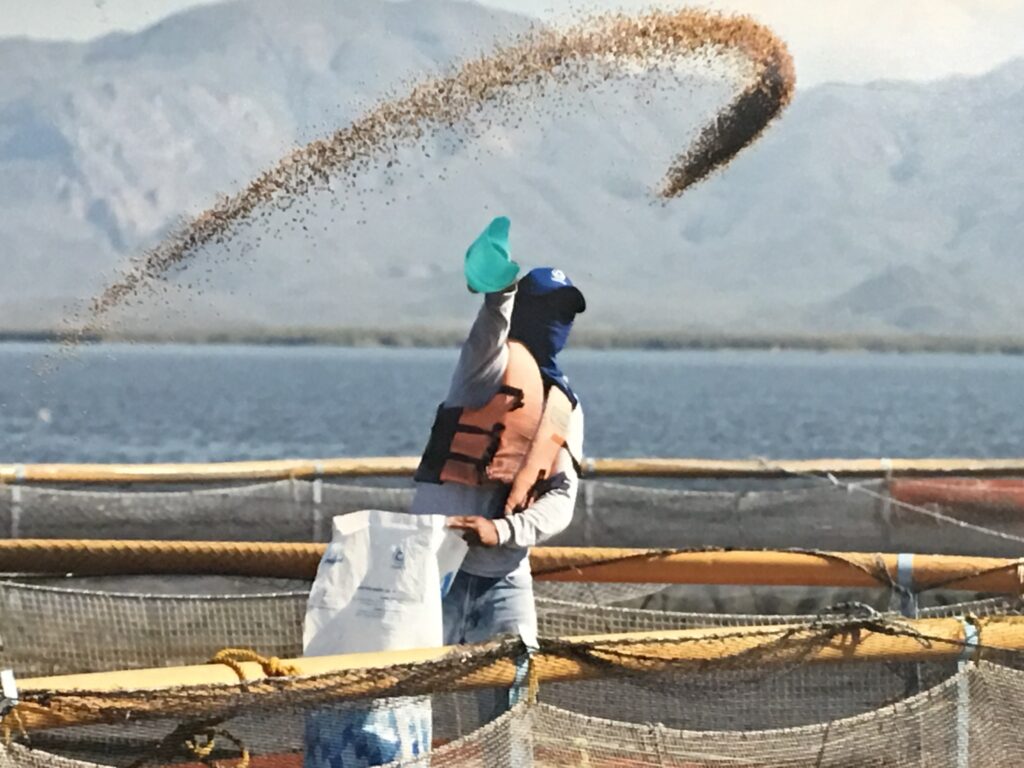Mono Potassium Phosphate feed additive function in aquaculture
Mono Potassium Phosphate (MKP) is commonly used as a feed additive in aquaculture.
1. Nutrient supplement: MKP provides essential nutrients such as phosphorus and potassium, which are important for the growth and development of aquatic organisms. These nutrients can promote protein synthesis in fish and other aquatic organisms, and essential for maintaining healthy bones, teeth, and overall growth in fish and other aquatic species.
2. Water quality management: MKP can help to maintain the pH balance in the water, which is crucial for the overall health and well-being of aquatic organisms. In addition, potassium dihydrogen phosphate can also adsorb ammonia nitrogen, nitrite and other harmful substances in water, reduce the concentration of harmful substances in the water body, and improve water quality.
3. Stress reduction: MKP can help to reduce stress in aquatic organisms, particularly during periods of transportation, handling, or environmental changes. This can help to improve the overall health and well-being of the animals and reduce the risk of disease and mortality.
4. Growth promotion: MKP can also help to promote the growth and development of aquatic organisms, leading to increased biomass and improved production in aquaculture systems.
5,Decomposition of organic matter: potassium dihydrogen phosphate can decompose small molecule organic matter in the water body, purify the water quality, degrade and convert ammonia nitrogen, sub-salt, hydrogen sulfide and organic acids, protect the water environment, and improve the balance of bacteria and algae in the water body.
Overall, the use of Mono Potassium Phosphate as a feed additive in aquaculture can help to improve the overall health, growth, and production of aquatic organisms while also maintaining good water quality.



